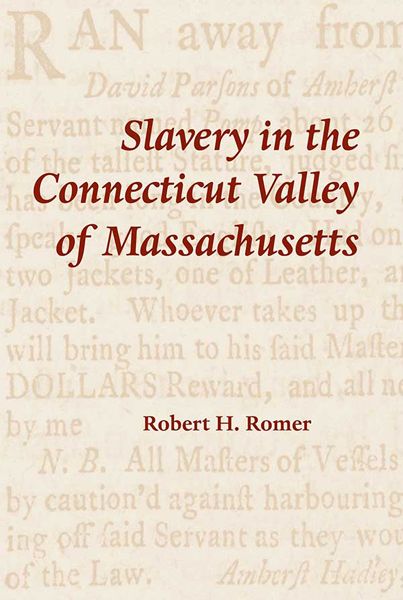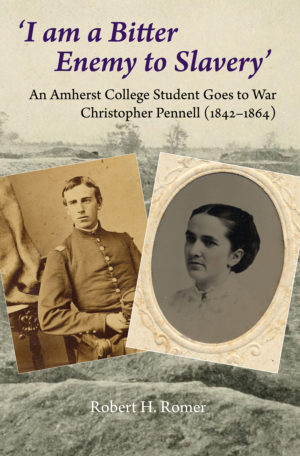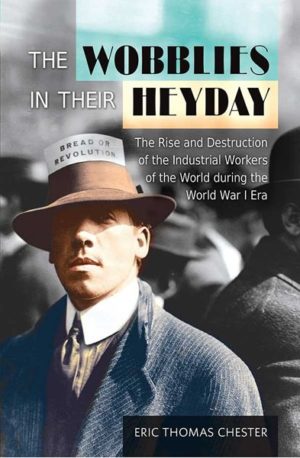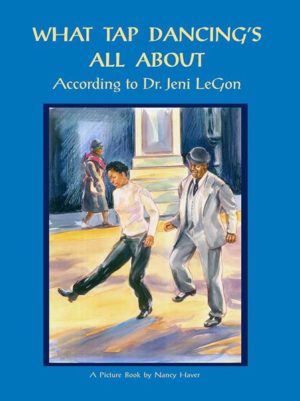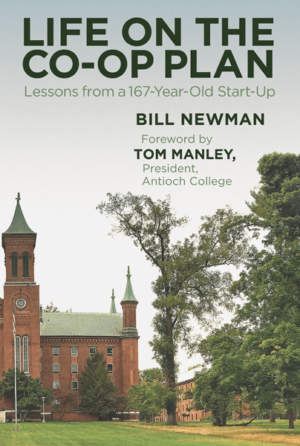In this first history of slavery in western Massachusetts in colonial times, Robert H. Romer demonstrates that slavery was pervasive in the Pioneer Valley in the 1700s, where many of the ministers and other “important people” owned black slaves. To show the role of slavery in the valley, Professor Romer presents a “snapshot” of slavery, choosing a moment (1752) and a place (the main street of Deerfield) to present detailed information about the slaves who lived in that place at that time — and their owners. Working largely from original sources — wills, probate inventories, church records, and merchants’ account books — he shows that slavery was much more significant than had previously been thought. Some twenty-five slaves belonging to fifteen different owners lived on that mile-long street in 1752. He emphasizes that these were individuals, some born in Africa, some born as slaves in New England, forced to live their lives as property, always subject to being sold away at the whim of an owner.
Deerfield is used simply as an example — slavery was pervasive throughout the valley. In other chapters he treats — in less detail — other towns in the valley. He also gives a brief history of slavery in Massachusetts, from its beginnings in the 1630s until its gradual end in the final decades of the 1700s and then discusses how in the following centuries New Englanders for the most part managed to forget that slavery had ever existed here.
His work brings out of obscurity the many black slaves who lived in the valley, the invisible men and women of our colonial past.


